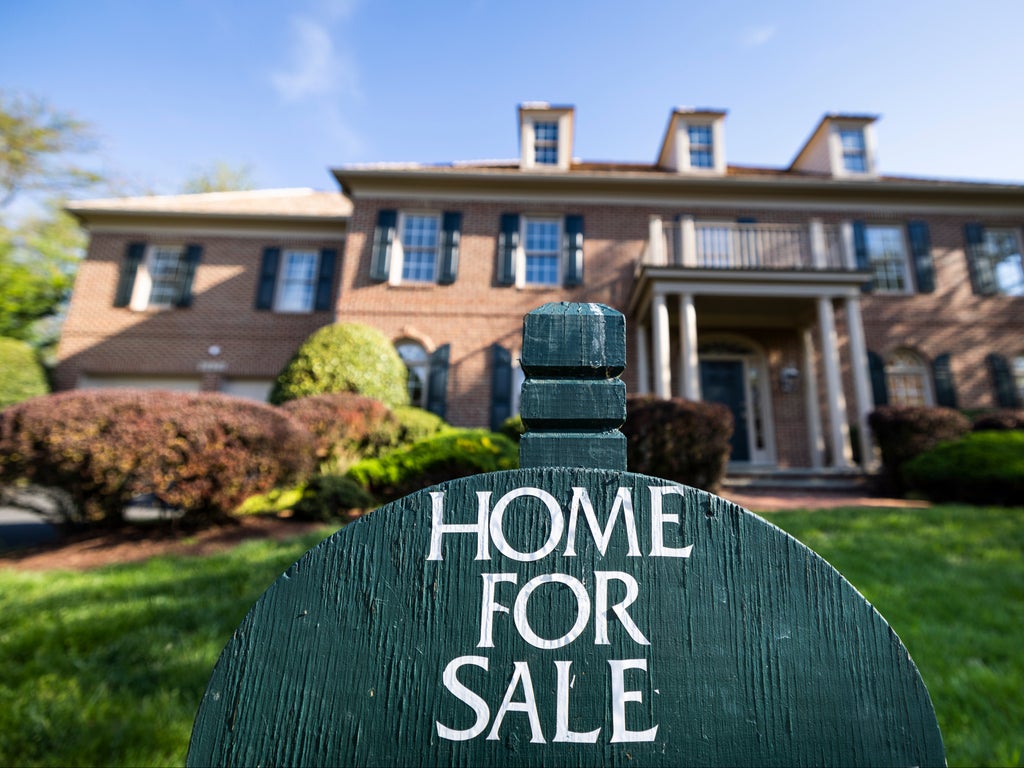
Interest rates for 30-year mortgages in the United States have risen to the highest point in a decade, data shows.
Statistics, published by the government-backed mortgage company Freddie Mac last week, revealed the average rate for low-risk, fixed-rate home purchase loans hit 5 per cent in the week ending 14th April.
That was a steep increase from 4.2 per cent in March and 3.1 per cent at the end of last year, making for the highest average rate since February 2011.
It came after the US inflation rate jumped to 8.5 per cent over the past twelve months, reaching its highest point in 40 years.
"As Americans contend with historically high inflation, the combination of rising mortgage rates, elevated home prices, and tight inventory are making the pursuit of homeownership the most expensive in a generation," read a Freddie Mac statement.
The average interest for 15-year, fixed-rate mortgages also jumped from 3.4 per cent in the middle of March to 4.2 per cent last week.
Freddie Mac’s data comes from a nationwide weekly survey of mortgage lenders which asks what rates they are charging for fixed-rate loans to house buyers with strong credit ratings, covering 80 per cent of the total purchase cost.
It means that the 5 per cent rate represents relatively low-interest mortgages that are less risky for lenders, and that riskier loans are being priced much higher.
Freddie Mac, officially the Federal Home Loan Mortgage Corporation, is a publicly-traded corporation backed by the US government which buys mortgages and pools them to sell to private investors, providing extra liquidity for mortgage lenders.







